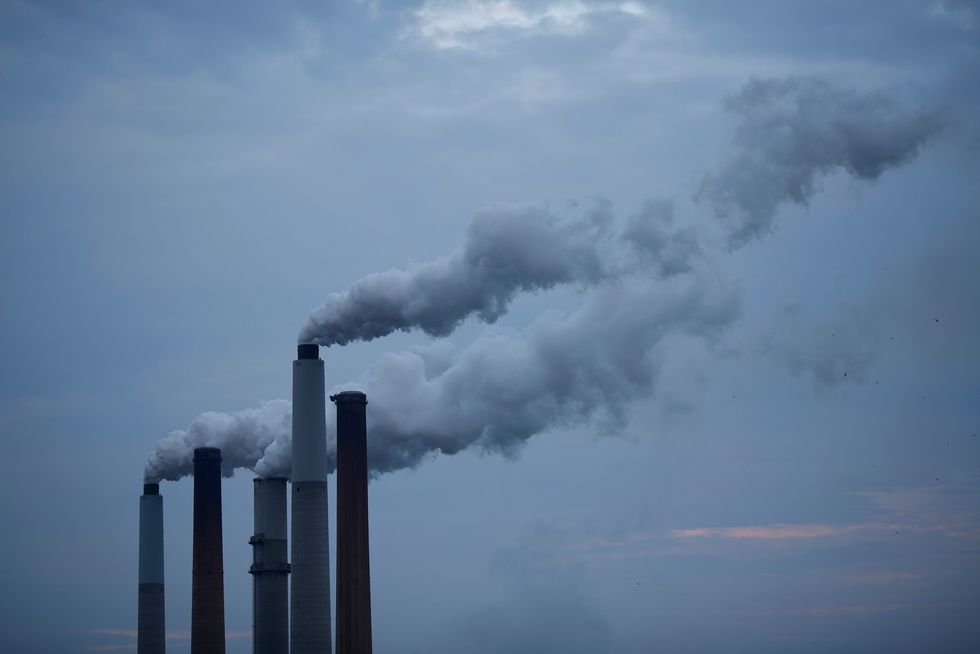Climate Change can be overwhelming. It leaves most of feeling so powerless that we react by doing nothing. Instead of merely changing our habits we often default to ignorance or blame. And that’s understandable.
Because changing lifelong habits is difficult, it requires a lot of self-control and delayed gratification. But it turns out that slowing down the effects of climate change doesn’t have to be analogous to changing lifelong habits.
That’s right. You don’t have to shift all of your life habits in order to reduce the effects of climate change. Instead of reusing, reducing and recycling, a recent study from Lund University in Sweden shows that the biggest way to reduce climate change is to have fewer children.
Sure, it’s not up to science's to tell you whether or not you should have two or four children. But science does prove that by having fewer children, you could be immensely reducing CO2 gas emissions.
America and other rich nations produce the most carbon emissions per capita. But those aren’t the countries that even suffer the most from climate change. In fact, poorer nations are most likely to suffer from climate change. Which means that most of us have the personal obligations to decrease those harms.
There is, however, an ethic problem with this solution. By proposing to have fewer children, or even no children at all, some argue that science might be intervening with some woman’s inherent desire to either have more children.
Scientist warn that the climate change tipping point is estimated to happen within the next decade. Which essentially means that we will be the last and first generation that experiences an environment with and without intense intensive climate change effects.
If that doesn’t induce your anxiety, the world is expected to add several billion people in the next few decades. Which means that soon enough climate crises will be a reproductive crisis.

















